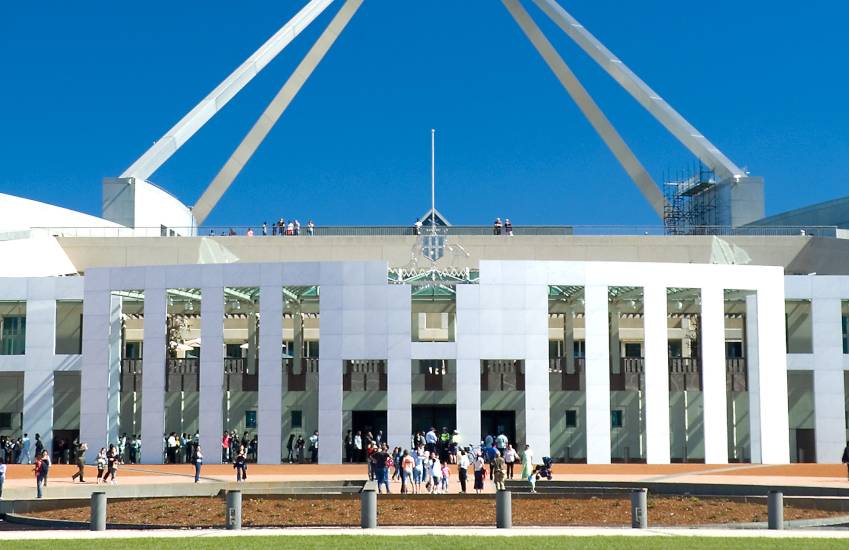Treasurer Josh Frydenberg has put forward in the federal budget that the instant asset write-off threshold will now be bumped up to $30,000, with the measure expanded to include medium businesses with a turnover of up to $50 million.
The measure will take effect from 2 April and run to 30 June 2020.
You’re out of free articles for this month
The announcement will not supersede the previously announced threshold increase to $25,000, which has yet to be legislated, with businesses able to immediately deduct purchases of eligible assets costing less than $25,000 that are first-used or installed and ready for use over the period from 29 January 2019 until budget night.
According to Mr Frydenberg, the measure will cover an additional 22,000 businesses.
“[The measure will allow] a café to get a new fridge or grill, a plumber to buy new tools or a courier a new van,” said Mr Frydenberg.
“Already more than 350,000 businesses have taken up the instant asset write-off, and now, even more will have the chance to do so.”
Speaking to Accountants Daily, BDO national tax director, Lance Cunningham said the increased threshold would spur more businesses to take it up.
“The eligibility increase is going to bring in a lot more businesses that will be able to use it and the increase to $30,000 means it might be taken up a bit more than the $20,000 limit,” said Mr Cunningham.
“With $20,000, it is below what you would say was for a decent car whereas with $30,000, you can probably get a reasonable car and that in itself will probably increase the take up.”
Likewise, Pitcher Partners’ Michael Dundas said the extension and expansion of the write-off was “impossible to knock”.
“As far as a stimulus measure goes, it is targeted, tried and tested. It is well understood by business and a very effective measure for business growth,” said Mr Dundas.
“It’s been a hugely popular and important measure for small businesses and we have seen many only invest solely on the availability of that write-off.”
The measure comes off the back of Labor’s proposal to introduce the Australian Investment Guarantee, a permanent feature which will allow all businesses to immediately deduct 20 per cent of any new eligible asset worth more than $20,000.
Mr Cunningham believes that while the two measures are different, Labor’s proposal would be considered to be more “expansive”.
“The Labor proposal is a bit more expansive – it is aimed at all businesses and aimed at purchases above $20,000 so it is not necessarily aimed at the small to medium business, it is across the board and for much more expansive assets,” he said.
The Institute of Public Accountant chief executive Andrew Conway welcomed the measure but said the government needed to make it a permanent feature of the tax system to give certainty to small businesses looking to invest and grow.
“Government needs to get serious about this measure and not use it as a dangling carrot leading into every federal budget," said Mr Conway.
“Many small businesses that may be planning for their future growth would be potentially planning for assets such as plant and equipment over a number of years, reflecting their cash flow circumstances and their capacity to invest. The measure needs to be permanent to provide small business with the certainty required.”
Thomson Reuters has confirmed with Treasury officials that once the threshold reverts to $1,000 on 1 July 2020, the concession will only be made available to small businesses and not medium-sized entities.
This email address is being protected from spambots. You need JavaScript enabled to view it.

 Login
Login







